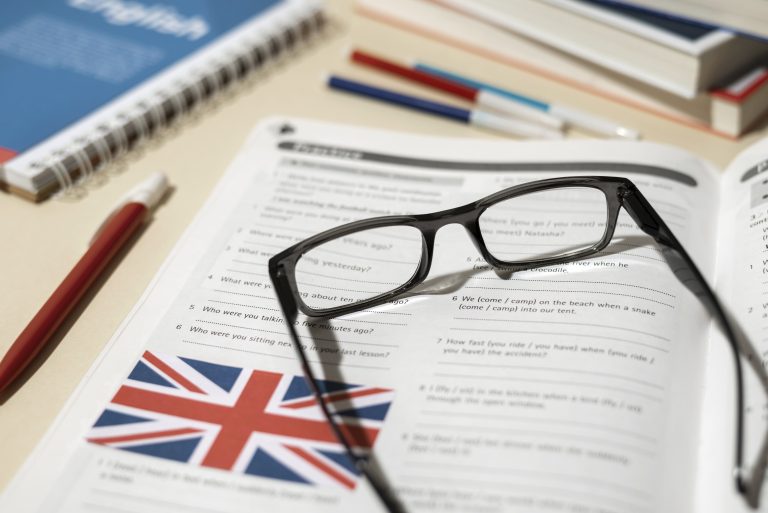According to the latest report from the Czech Statistical Office (ČSÚ), 78% of Czechs aged 18-64 years old can speak a second language, with a slightly higher figure for women.
The report focuses on the role of the Czech Republic in the European Union, as this year marks the 20th anniversary of Czech accession.
The data come from the Adult Education Survey (AES), a pan-European survey on adult education, conducted in 2022, six years after the previous one. The survey assessed whether, how much, and in which fields European adults were educated, including also a block of questions regarding foreign languages.
According to 2022 data, half of the Czech Republic’s citizens can speak English.
Among the young, ranging from 18-24 years old, the share is significantly higher (89%), while among people aged 50-59 years, only roughly a third (32%) can speak English. The percentage gets lower as the age increases: only 19% of those aged 60-69 can communicate in English.
There has however been a remarkable increase since the previous 2016 report, when only 23% of those 50-59 years old could speak English, and only 14% aged 60-69.
Another important trend is marked by the decreasing knowledge of Russian. Almost a fifth of the population can use it, but mostly only in the older generations: 37% of those 50-59 years old and 39% of those 60-69 can speak it, while in the middle generation, ranging from 35-49 years old, only 12% can still speak it at a basic level, down from 31% six years ago.
This can be explained by the fact that it used to be common to learn Russian in school during the communist regime, but became far less common from the 1990s onwards.
The German language is also following a similar fate, despite being the second most known language after English: 31% of the adult population under 70 years old can understand it, but knowledge of the language has decreased in every age group since 2016.
The most remarkable decline was in the 25-34 years old range, where it fell from 40% to 30%.
The fourth most-known foreign language is French, which is spoken by 4% of the population, especially in the youngest age group of 18-24 years, at 7%, two percentage points lower than in 2016.
The report highlighted that, as in common perception, the ability to communicate in foreign languages increases with higher achieved education. Only for Russian is the data more conditioned by age rather than education level.
Almost 87% of people aged 25-64 with university or higher professional education can communicate in English, 42% in German and 21% in Russian.
Knowledge of three or more languages is far more common in high-income households (13%). The study found that 7.4% of women and 5.6% of men are polyglots.
The size of the community people live in also matters: proficiency in multiple languages is far more common in cities above 50,000 people (10%) than in villages below 2,000 (5%).
In general, 45% of Czech citizens know only one foreign language, slightly more than six years ago (43.8%).
The level of language knowledge also varies: the most common level of communication is a very basic understanding of the target language, corresponding to level A1 of the Common European Language Framework.
Only 16% report knowledge corresponding to an advanced (C1) level. Women generally have better knowledge, and an advanced level of language proficiency is more common among students (31%).
Regarding English, the most common level reported is B1, while for the second most-known language, German, the A1 is the most common.
In 2022, 5% of people aged 18-69 attended a language course, two percentage points less than in 2016, and most often for private rather than working reasons.
The full ČSÚ report can be found here (beginning at page 10).






